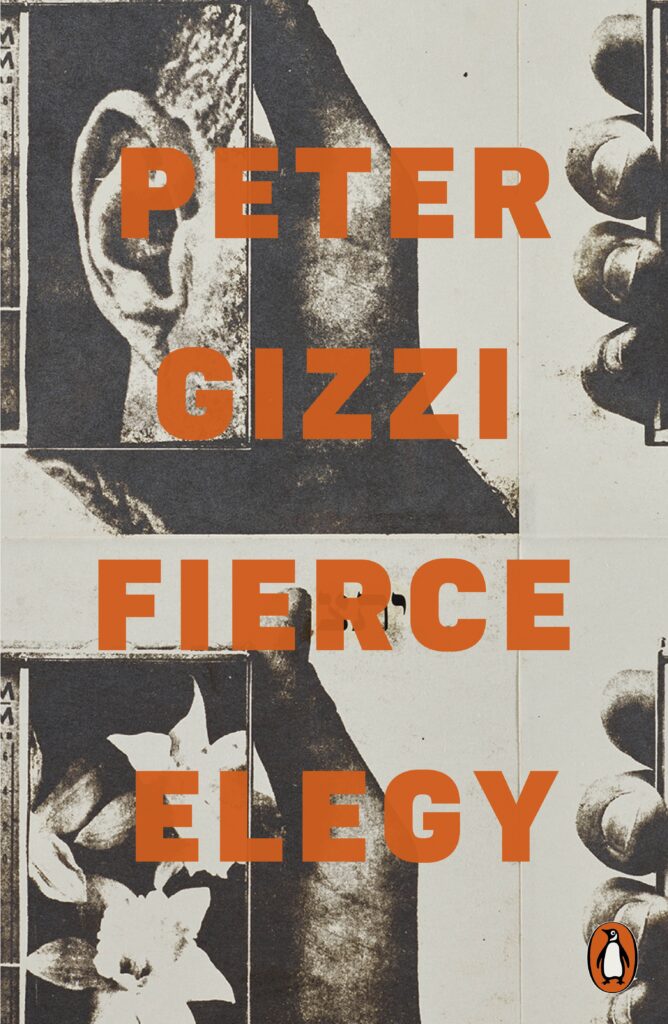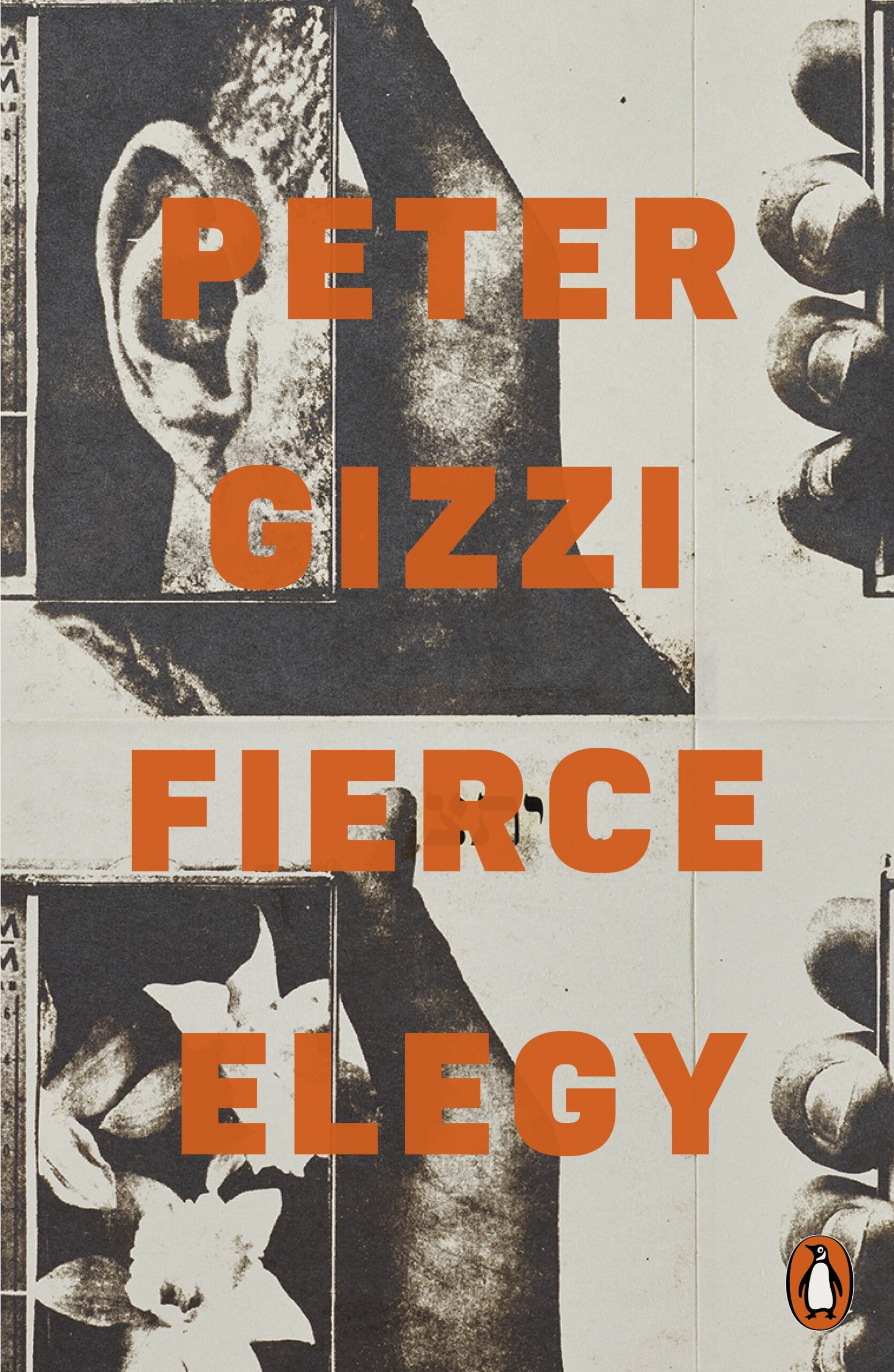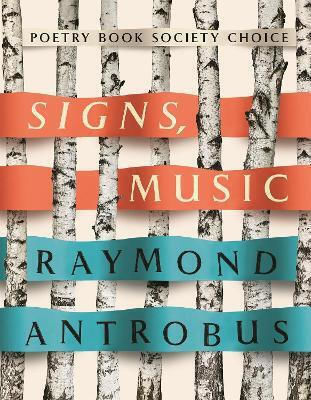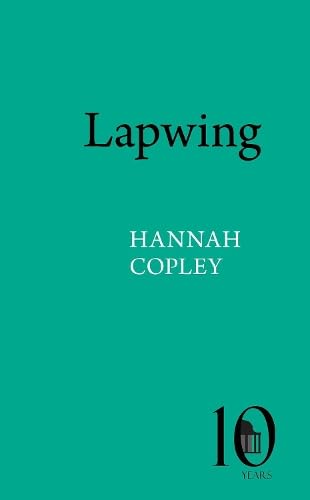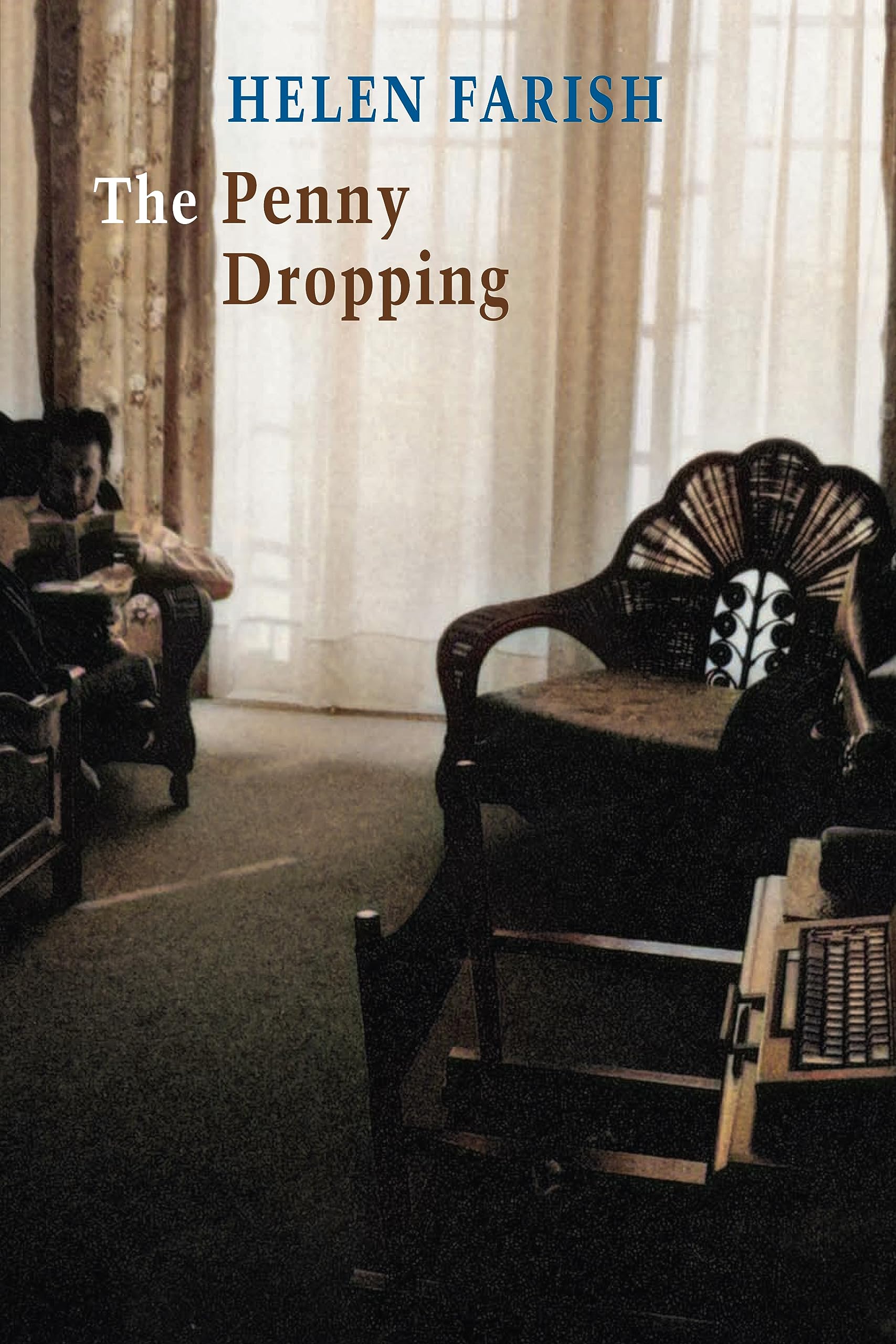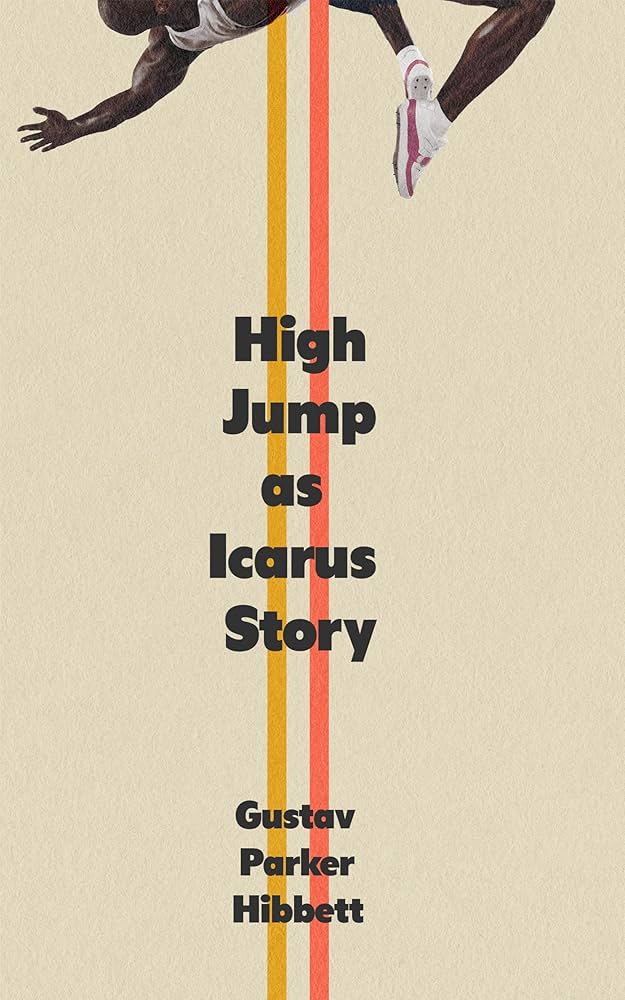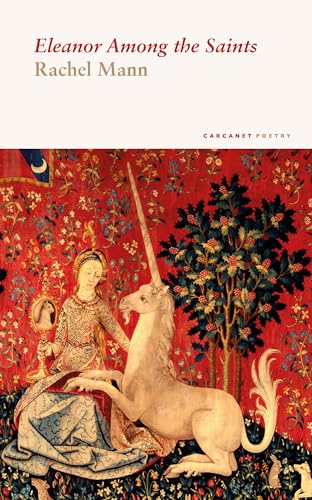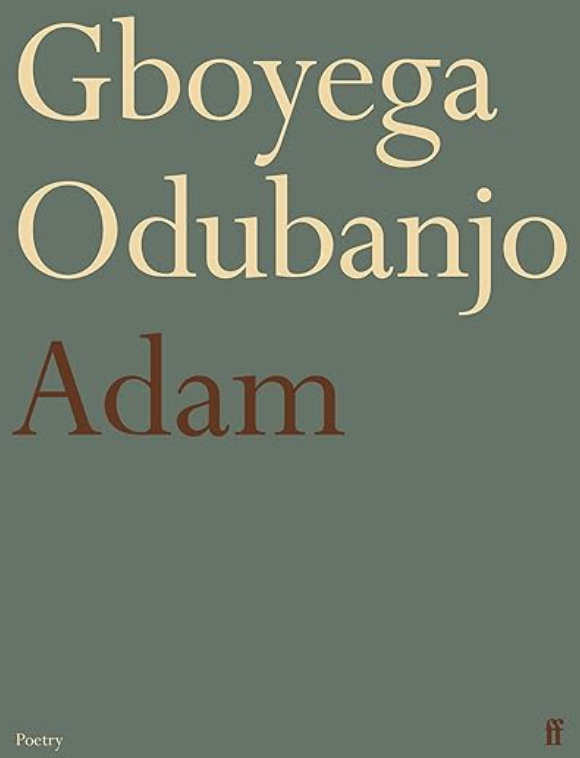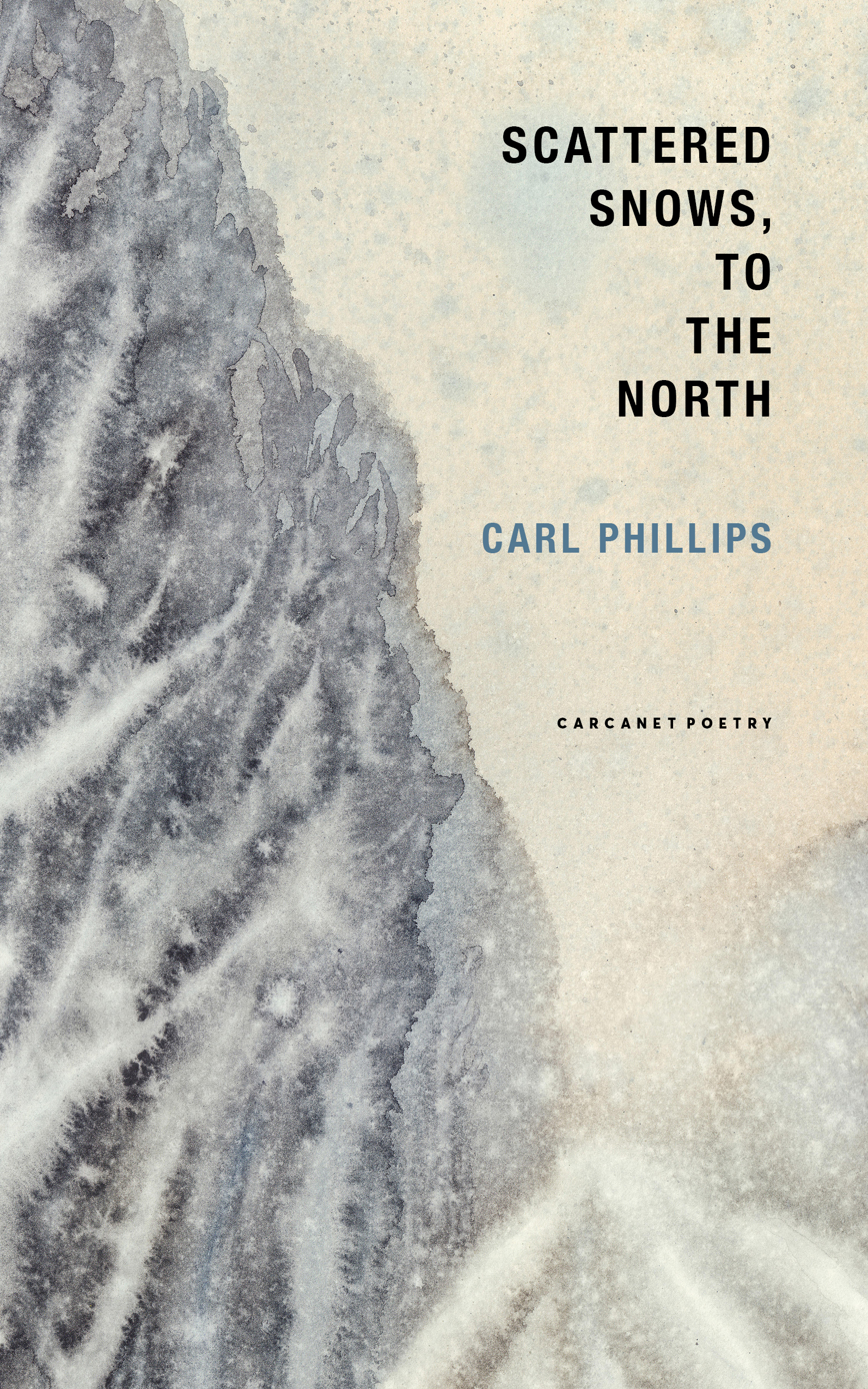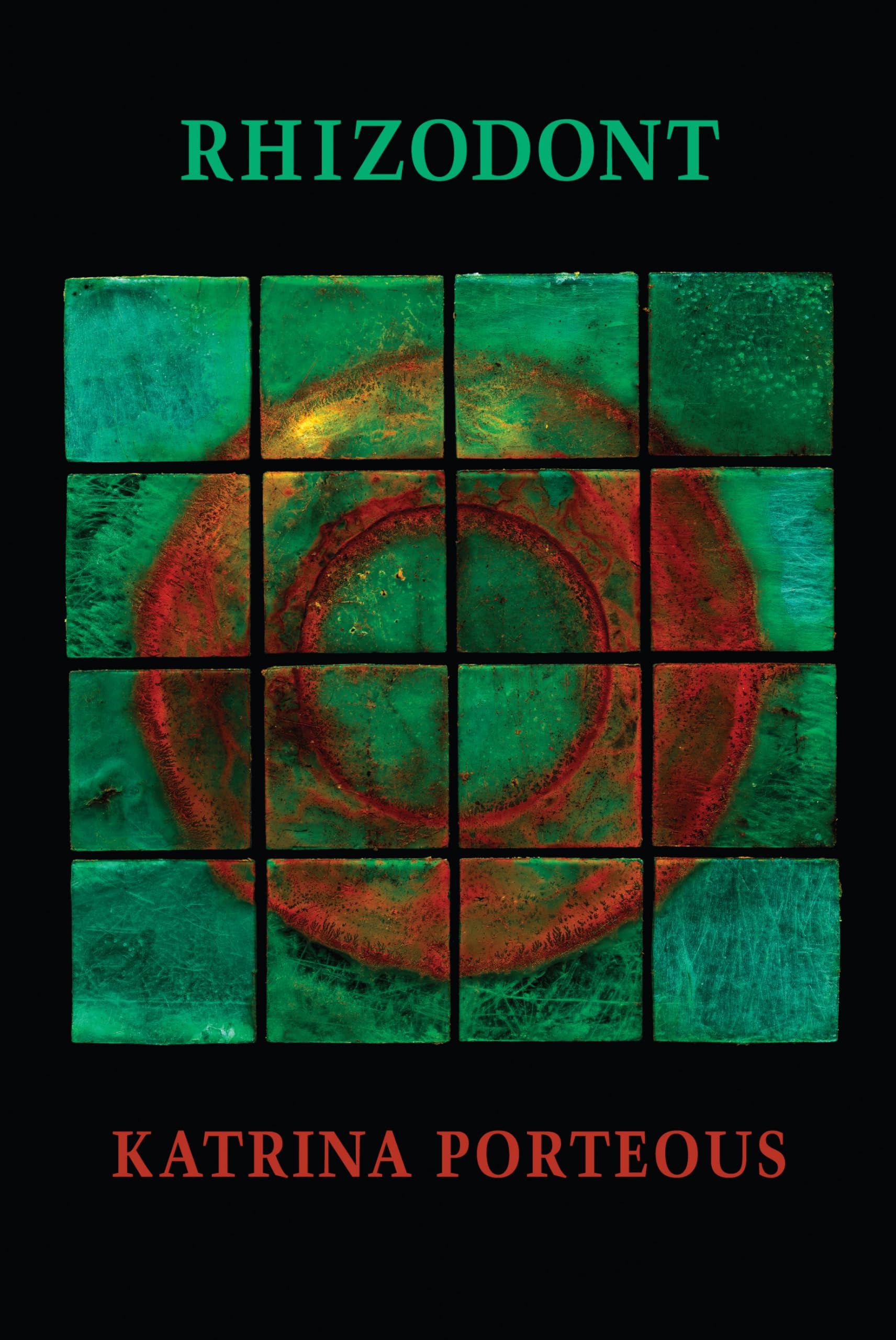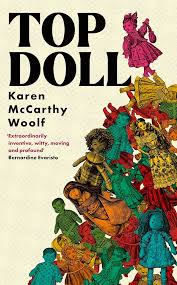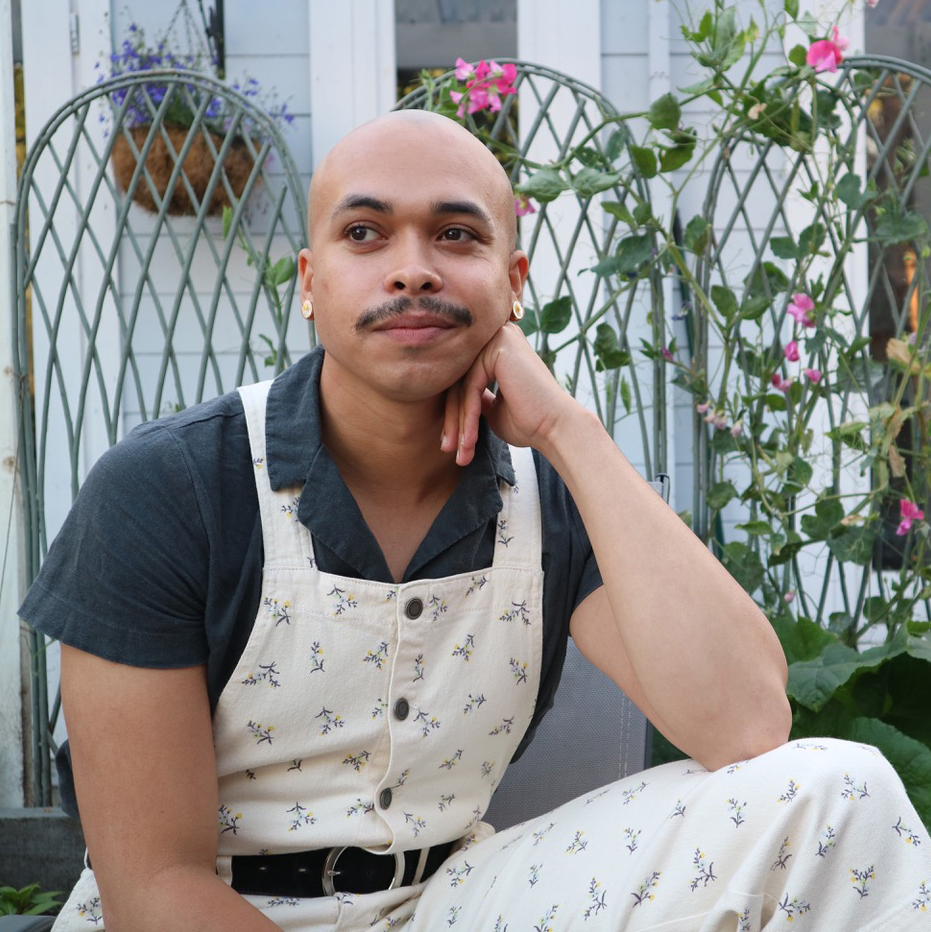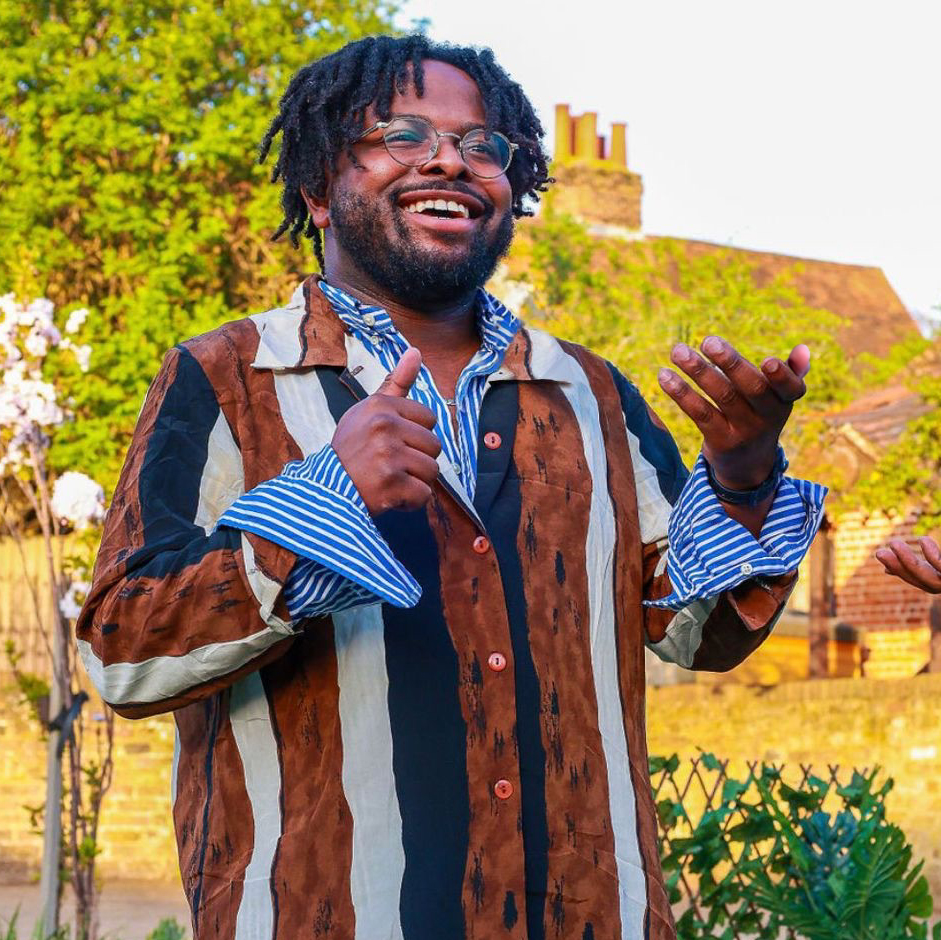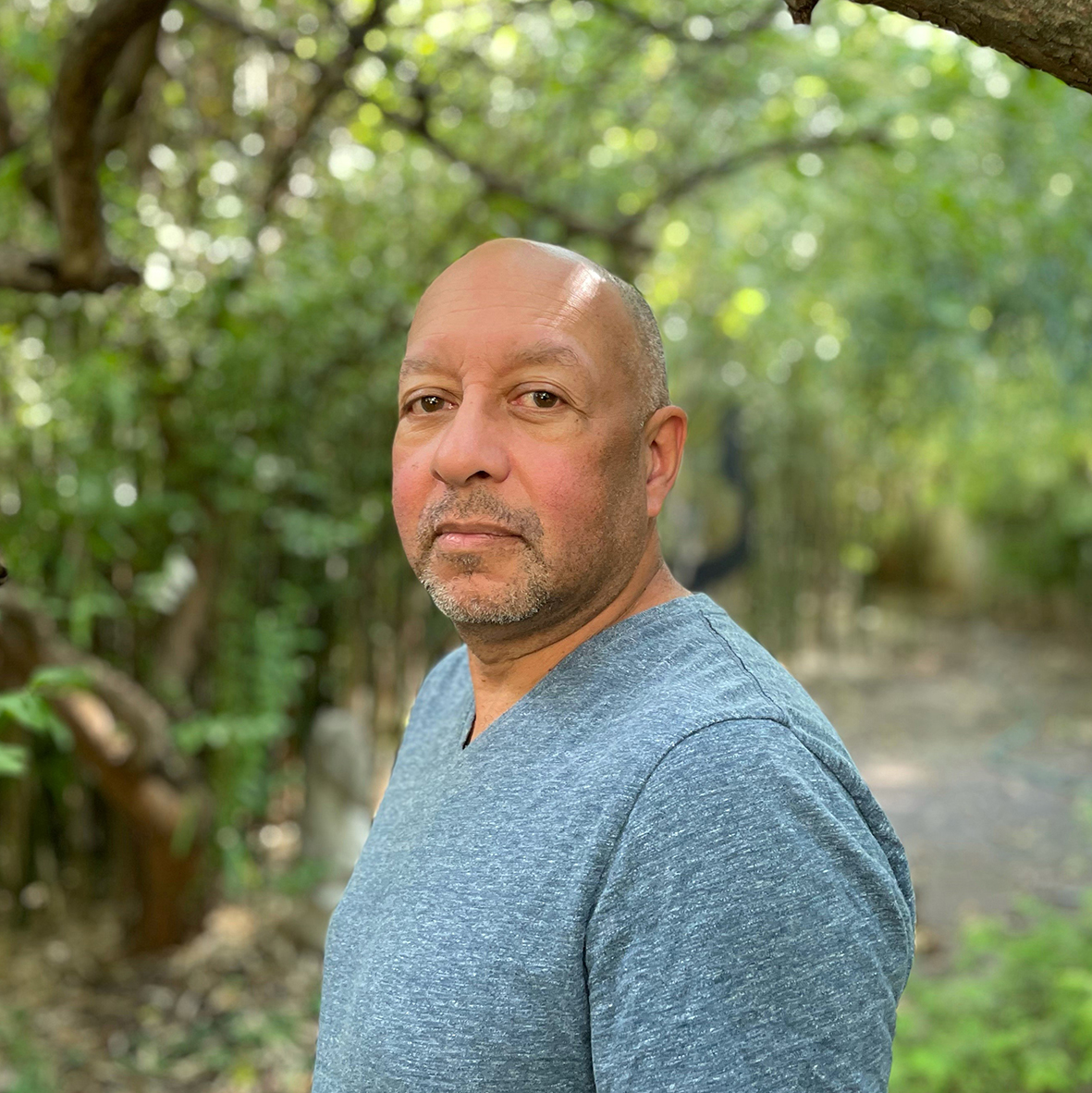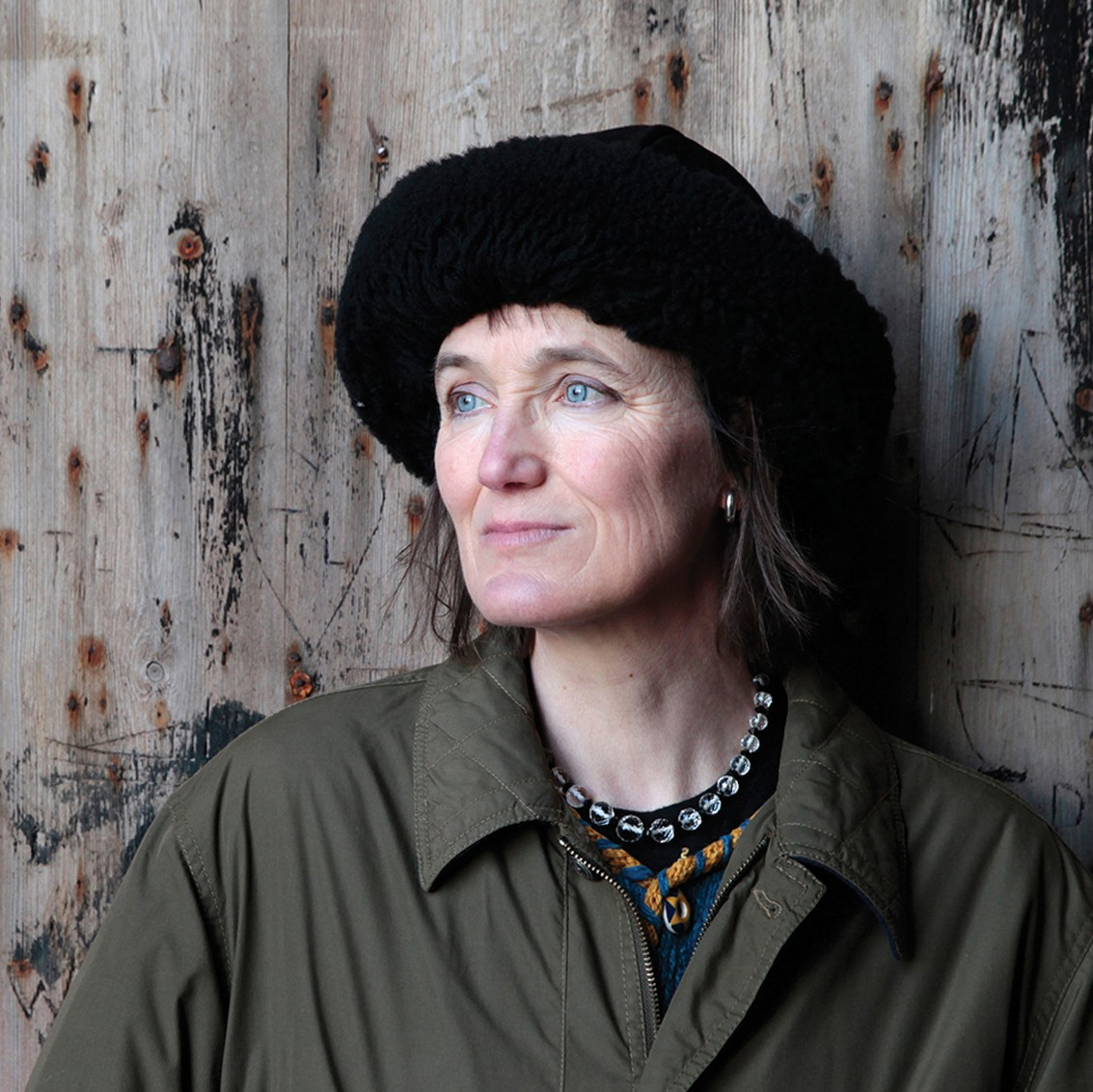2024
T. S. Eliot Prize
Winner
The Chair of the judges’ speech
Announcements
The Chair of the Judges’ speech
‘It has been a privilege and pleasure to read nearly 200 books and we’re happy to have ended up with such a rich and balanced shortlist. The ten collections we have chosen show tremendous variety in theme and style and between them represent some of the diverse strands that distinguish contemporary poetry published in the UK. We’re extremely proud of the shortlist we have agreed on and would like to congratulate all ten poets on their outstanding collections.’ – Mimi Khalvati, Chair

T. S. Eliot Prize 2024: the Chair of judges’ speech, by Mimi Khalvati
It has been a privilege and pleasure to read nearly 200 books and we’re happy to have ended up with such a rich and balanced shortlist. The ten collections we have chosen show tremendous variety in theme and style and between them represent some of the diverse strands that distinguish contemporary poetry published in the UK. We’re extremely proud of the shortlist we have agreed on and would like to congratulate all ten poets on their outstanding collections.
In his third collection, Signs, Music, Raymond Antrobus writes with tenderness and self-scrutinizing wit about ‘breaking up with childlessness’ and becoming a father. His long sequences may be candidly autobiographical but they are never self-preoccupied; instead, in learning to watch the toddler pointing at each magpie in the park, the poet’s eye becomes reverentially attentive to ordinary things and the quotidian lives of his London neighbours: ‘the earth is not here for us / but with us.’ In the final pages, as his son points at the soft body of a caterpillar and ‘signs, music’, existential anxiety cedes to a celebration of meaning-making in all its forms.
Urgent, written on the move, Hannah Copley’s Lapwing, flitting between bird and human, father and daughter, is a kaleidoscopic flight of the mind through grief, alcohol addiction, familial love and obsession. In a consonantal music, alliterative and phrasal, Copley’s dream songs riff with joy and abandon on lapwing’s guises in a stream of sightings, real and imagined. These poems are invocations, magical but entirely plausible, forever looking skyward in a quest ‘that can never be done’, and that leave us, like ‘Lapwing, heart sore’.
Helen Farish’s The Penny Dropping is an unflinching and gripping account of the arc and aftermath of a failed relationship. Taking its epigraph from The Waste Land, ‘Shall I at least set my lands in order?’, it is also a virtuosic interrogation of the relationship between lyric and narrative time. Rather than shaping 52 short poems into one long elegiac sequence, Farish keeps alive the immediacy of the vanished present by meticulous relocation of ‘you’ and ‘I’ in space and time. Beginning in Morocco in the 1980s (‘the air in Essaouira / glassine on the first day of spring; harira’) and ending with the relationship’s enduring prompts in the present (Pasta alla Gorgonzola; / every wedding I’ve ever been to…’), The Penny Dropping is the best love poem anyone has written in years.
Peter Gizzi’s Fierce Elegy is a breathtaking book-length sequence in which each line or sentence, often paratactic, non-hierarchical, could be a poem in its own right. As if wordings had been gifted to him out of the aether, one-liners, two-liners coalesce into love lyrics, or a thought enters his head which, step by step, he unravels until a nucleus is reached and pierced. Sometimes eschewing syntax for song, sometimes fractured by loss into a language that sobs and stutters, each poem could also be an ars poetica, freeing a voice that is light and landscape, ‘to come as sunrise / and remember the mother. // And the father everywhere / inside migrating birds.’
With High Jump as Icarus Story, Gustav Parker Hibbett has produced an audacious and remarkably cogent debut which maps the muscular grace of the high jumper’s trajectory with verse which shimmers with equal ambitions of flight. Its success lies partly in the way the poet resolves the leap, how they negotiate the confluence of form and content, even as they wrestle with trauma. Tender and fierce, and at times intensely personal, these poems bravely negotiate the interstices of the spiritual, the physical and the familial.
‘Behold!’ Rachel Mann exhorts us and we do, we behold in awe and wonder as she imagines, embroiders, mythologises the many selves of Eleanor ‘John’ Rykener, a trans medieval seamstress, sex worker, wife, widow, in this collection of extraordinary intensity, Eleanor Among the Saints. ‘Text is textile texture textus’ Mann tells us and her language is indeed gorgeous, liturgical, ‘whipped, corded’, but always in the service of her vision – be it of faith, love or resurrection – and ‘best, the best of it: there are no false trails.’
In Adam, Gboyega Odubanjo writes from the centre rather than the margins. This is a startling debut which deals, as the best poems do – in universals. These striking poems move seamlessly from the colloquial to the political, while confronting the most tragic aspects of contemporary Britain with wit, humour and doses of hope. Adam is the work of a restless, trickster poet with an assured awareness of tradition and community. With their ambitious and innovative use of form and language, the poems here both shock and seduce with their righteous humanity.
It should be no surprise to hear Carl Phillips’s work described as transcendent. As one of our finest lyric poets, this is what Phillips does. In Scattered Snows, to the North, there is a deceptive lightness of line. While their tonalities seldom deviate from their measured pitch, these are poems which apply pressure, which weigh on us with intimate force. This is a poet haunted by the precision of the line. With their clarity of perception and their considerations of memory and forgetting, these poems constantly remind us of what it means to be human.
Katrina Porteous’s Rhizodont is a polyphonic hymn to England’s North-East coast, burrowing in ‘ware stink / and salty tangle’ as it ranges nimbly across historical timescales and between Northumbrian dialect and scientific discourse. Contemporary dog walkers inhabit the same space as sooty collieries and Scotch gutters; in turn, the recent industrial past fades into the sound of the waves, a blackbird with soil on his whiskers, and the longer and stranger movements of geological time, when Northumberland was a tropical swamp and huge freshwater fish began hauling themselves onto land. Intimate and elegiac as a record of the recent past, Rhizodont is also a dazzling meditation on the relationship between man, nature, and machine.
Inspired by obituaries for Huguette Clark, a reclusive American billionaire, Karen McCarthy Woolf’s Top Doll is a bravura animation of the vast doll collection Huguette left after her death at the age of 104, voiced in a compendium of poetic forms. Top Doll, aka Dolly, talks in Franglais sonnet coronas, Lady Mamiko in haibun, motley Barbies in abecedarians. Revolving from Fifth Avenue to the palaces of Japan to slave plantations in Virginia while, offstage, ‘Maman’ slowly dies of cancer, McCarthy Woolf, ending this fabulous tour de force with more obituaries, comes full circle.
The winner of the T. S. Eliot Prize 2024 is Peter Gizzi for Fierce Elegy.
Owing to the Chair’s illness, this speech was given on Mimi Khalvati’s behalf by judge Hannah Sullivan at the T. S. Eliot Prize 2024 Award Ceremony at the Wallace Collection, London, on 13 January 2025.
Announcements
The Chair of the Judges’ speech
‘It has been a privilege and pleasure to read nearly 200 books and we’re happy to have ended up with such a rich and balanced shortlist. The ten collections we have chosen show tremendous variety in theme and style and between them represent some of the diverse strands that distinguish contemporary poetry published in the UK. We’re extremely proud of the shortlist we have agreed on and would like to congratulate all ten poets on their outstanding collections.’ – Mimi Khalvati, Chair

T. S. Eliot Prize 2024: the Chair of judges’ speech, by Mimi Khalvati
It has been a privilege and pleasure to read nearly 200 books and we’re happy to have ended up with such a rich and balanced shortlist. The ten collections we have chosen show tremendous variety in theme and style and between them represent some of the diverse strands that distinguish contemporary poetry published in the UK. We’re extremely proud of the shortlist we have agreed on and would like to congratulate all ten poets on their outstanding collections.
In his third collection, Signs, Music, Raymond Antrobus writes with tenderness and self-scrutinizing wit about ‘breaking up with childlessness’ and becoming a father. His long sequences may be candidly autobiographical but they are never self-preoccupied; instead, in learning to watch the toddler pointing at each magpie in the park, the poet’s eye becomes reverentially attentive to ordinary things and the quotidian lives of his London neighbours: ‘the earth is not here for us / but with us.’ In the final pages, as his son points at the soft body of a caterpillar and ‘signs, music’, existential anxiety cedes to a celebration of meaning-making in all its forms.
Urgent, written on the move, Hannah Copley’s Lapwing, flitting between bird and human, father and daughter, is a kaleidoscopic flight of the mind through grief, alcohol addiction, familial love and obsession. In a consonantal music, alliterative and phrasal, Copley’s dream songs riff with joy and abandon on lapwing’s guises in a stream of sightings, real and imagined. These poems are invocations, magical but entirely plausible, forever looking skyward in a quest ‘that can never be done’, and that leave us, like ‘Lapwing, heart sore’.
Helen Farish’s The Penny Dropping is an unflinching and gripping account of the arc and aftermath of a failed relationship. Taking its epigraph from The Waste Land, ‘Shall I at least set my lands in order?’, it is also a virtuosic interrogation of the relationship between lyric and narrative time. Rather than shaping 52 short poems into one long elegiac sequence, Farish keeps alive the immediacy of the vanished present by meticulous relocation of ‘you’ and ‘I’ in space and time. Beginning in Morocco in the 1980s (‘the air in Essaouira / glassine on the first day of spring; harira’) and ending with the relationship’s enduring prompts in the present (Pasta alla Gorgonzola; / every wedding I’ve ever been to…’), The Penny Dropping is the best love poem anyone has written in years.
Peter Gizzi’s Fierce Elegy is a breathtaking book-length sequence in which each line or sentence, often paratactic, non-hierarchical, could be a poem in its own right. As if wordings had been gifted to him out of the aether, one-liners, two-liners coalesce into love lyrics, or a thought enters his head which, step by step, he unravels until a nucleus is reached and pierced. Sometimes eschewing syntax for song, sometimes fractured by loss into a language that sobs and stutters, each poem could also be an ars poetica, freeing a voice that is light and landscape, ‘to come as sunrise / and remember the mother. // And the father everywhere / inside migrating birds.’
With High Jump as Icarus Story, Gustav Parker Hibbett has produced an audacious and remarkably cogent debut which maps the muscular grace of the high jumper’s trajectory with verse which shimmers with equal ambitions of flight. Its success lies partly in the way the poet resolves the leap, how they negotiate the confluence of form and content, even as they wrestle with trauma. Tender and fierce, and at times intensely personal, these poems bravely negotiate the interstices of the spiritual, the physical and the familial.
‘Behold!’ Rachel Mann exhorts us and we do, we behold in awe and wonder as she imagines, embroiders, mythologises the many selves of Eleanor ‘John’ Rykener, a trans medieval seamstress, sex worker, wife, widow, in this collection of extraordinary intensity, Eleanor Among the Saints. ‘Text is textile texture textus’ Mann tells us and her language is indeed gorgeous, liturgical, ‘whipped, corded’, but always in the service of her vision – be it of faith, love or resurrection – and ‘best, the best of it: there are no false trails.’
In Adam, Gboyega Odubanjo writes from the centre rather than the margins. This is a startling debut which deals, as the best poems do – in universals. These striking poems move seamlessly from the colloquial to the political, while confronting the most tragic aspects of contemporary Britain with wit, humour and doses of hope. Adam is the work of a restless, trickster poet with an assured awareness of tradition and community. With their ambitious and innovative use of form and language, the poems here both shock and seduce with their righteous humanity.
It should be no surprise to hear Carl Phillips’s work described as transcendent. As one of our finest lyric poets, this is what Phillips does. In Scattered Snows, to the North, there is a deceptive lightness of line. While their tonalities seldom deviate from their measured pitch, these are poems which apply pressure, which weigh on us with intimate force. This is a poet haunted by the precision of the line. With their clarity of perception and their considerations of memory and forgetting, these poems constantly remind us of what it means to be human.
Katrina Porteous’s Rhizodont is a polyphonic hymn to England’s North-East coast, burrowing in ‘ware stink / and salty tangle’ as it ranges nimbly across historical timescales and between Northumbrian dialect and scientific discourse. Contemporary dog walkers inhabit the same space as sooty collieries and Scotch gutters; in turn, the recent industrial past fades into the sound of the waves, a blackbird with soil on his whiskers, and the longer and stranger movements of geological time, when Northumberland was a tropical swamp and huge freshwater fish began hauling themselves onto land. Intimate and elegiac as a record of the recent past, Rhizodont is also a dazzling meditation on the relationship between man, nature, and machine.
Inspired by obituaries for Huguette Clark, a reclusive American billionaire, Karen McCarthy Woolf’s Top Doll is a bravura animation of the vast doll collection Huguette left after her death at the age of 104, voiced in a compendium of poetic forms. Top Doll, aka Dolly, talks in Franglais sonnet coronas, Lady Mamiko in haibun, motley Barbies in abecedarians. Revolving from Fifth Avenue to the palaces of Japan to slave plantations in Virginia while, offstage, ‘Maman’ slowly dies of cancer, McCarthy Woolf, ending this fabulous tour de force with more obituaries, comes full circle.
The winner of the T. S. Eliot Prize 2024 is Peter Gizzi for Fierce Elegy.
Owing to the Chair’s illness, this speech was given on Mimi Khalvati’s behalf by judge Hannah Sullivan at the T. S. Eliot Prize 2024 Award Ceremony at the Wallace Collection, London, on 13 January 2025.
